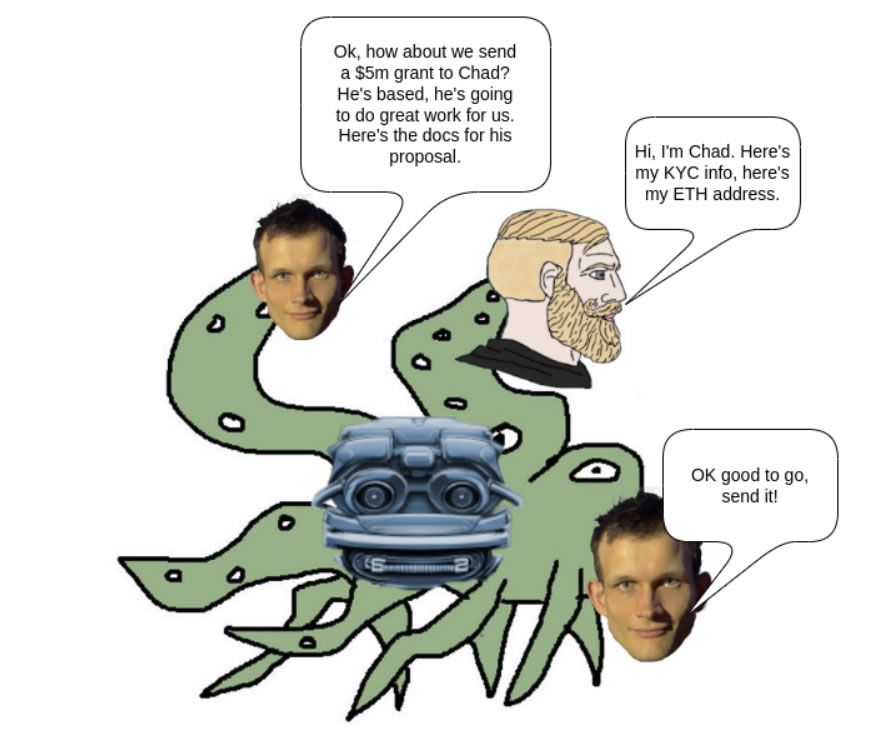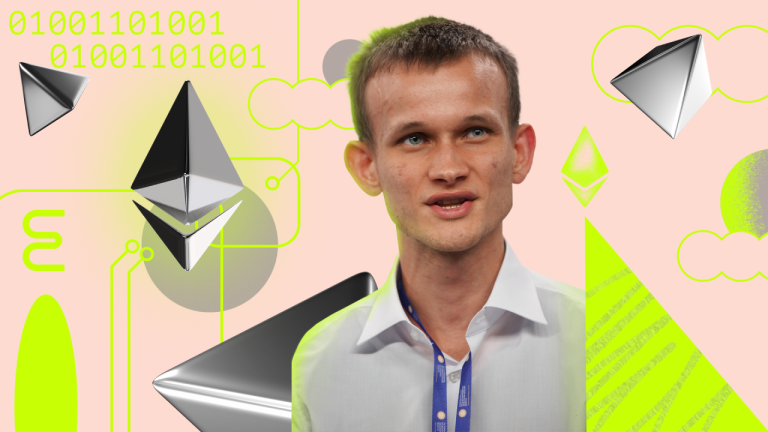Ethereum co-founder Vitalik Buterin discusses the security of Web3, highlighting its growing importance in a world where deepfakes become more prevalent.
On February 9, Buterin cited a recent report about a company that lost $25 million. This happened when a financial employee was tricked into a convincing deepfake video call.
Web3 security attracts attention due to deepfake threats
Deepfakes, which are fake AI-generated audio and videos, are becoming more prevalent. Additionally, authenticating people based solely on what they see or hear will no longer be secure, he said.
“The fact remains that as of 2024, even a person's audio or video stream will no longer be a secure way to authenticate who they are,” Buterin said.
Buterin said cryptographic techniques such as signing messages with a private key are not sufficient and circumvent the purpose of having multiple signers verify their identity. Nevertheless, asking personalized “security questions” based on shared experience is an effective way to authenticate someone's identity, he added.
Good questions are unique, difficult to guess, and explore the “micro” details that people remember.
“If security practices are dull and boring, people will often stop engaging in them, so it's healthy to make security questions fun,” Buterin suggested. .
Security questions need to be combined with other techniques, he said. These may include pre-agreed codewords, multi-channel verification of information, protection from man-in-the-middle attacks, and delaying or limiting irreversible actions.
Read more: 15 Most Common Crypto Scams to Watch Out for

Person-to-person security questions are different from business-to-person questions, such as bank security questions, and must be tailored to the parties involved.
Buterin concluded that there is no perfect technique. However, using contextual layering techniques, Web3 security can be effective even in a world where audio and video can be forged.
“In a post-deepfake world, strategies will need to adapt to the new realities of what is easy to fake and what remains difficult to fake, but as long as we do so, it remains very possible to stay safe.” ,” Buterin said. he emphasized.
On February 9, it was reported that deepfake audio, images, and other manipulated online content are already having a negative impact on this year's US elections. The White House has said it is reviewing all communications and looking for ways to prevent various forms of generative AI from being counterfeited, manipulated, or misused.
Last month, the World Economic Forum (WEF) revealed that AI-generated misinformation and deepfakes are the world's biggest near-term threat. Also in January, MicroStrategy founder Michael Saylor warned about deepfakes attempting to trick users out of their Bitcoin.
Disclaimer
In accordance with Trust Project guidelines, BeInCrypto is committed to fair and transparent reporting. This news article is intended to provide accurate and timely information. However, before making any decisions based on this content, readers are encouraged to independently verify their facts and consult a professional. Please note that our Terms of Use, Privacy Policy and Disclaimer have been updated.


